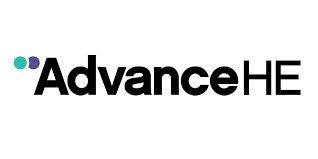Over the last 30 years we in The Queen’s University Belfast Science Shop have been fortunate enough to learn from people with a passion for change both in Northern Ireland and across the world. Collaboration has been at the heart of everything we’ve done. Which is why we are so delighted to be recognised by Advance HE with the first Collaborative Award in Teaching Excellence received in Queen’s University Belfast (QUB). This award is not just for us but for all those we have collaborated with across the last 30 years – in Northern Ireland our community and voluntary sector partners, academic staff and students in Queen’s University Belfast, our sister Science Shop in Ulster University and indeed the Department for the Economy who have resourced us through Higher Education Innovation Funding. It also recognises all of the development work we have done with our wider community of practice across Ireland, the UK, Europe and beyond.
At the very heart of our collaborations are community and voluntary sector organisations across Northern Ireland. So much knowledge is held in communities, about everything from the natural environment to government policy to the experiences of local people. These organisations are almost invariably under-resourced for the level of work they are delivering. This is where a Science Shop project can help, bringing in a student or student(s) to do a piece of research collaboratively with them.
Our starting point for us is asking community organisations what kinds of research they want. This is different from the more traditional university engagement approach which is to go out to communities with a research plan already in place. This means that we offer a huge breadth of research questions – everything from deep dives into medical statistics to look at multimorbidity to the cost of installing solar panels on a community building; from developing a business plan for online retail as part of a fundraising strategy to looking at gender equality policy in sports. We work with community organisations to define their research question in a way that can fit as a curriculum-based student research project.

